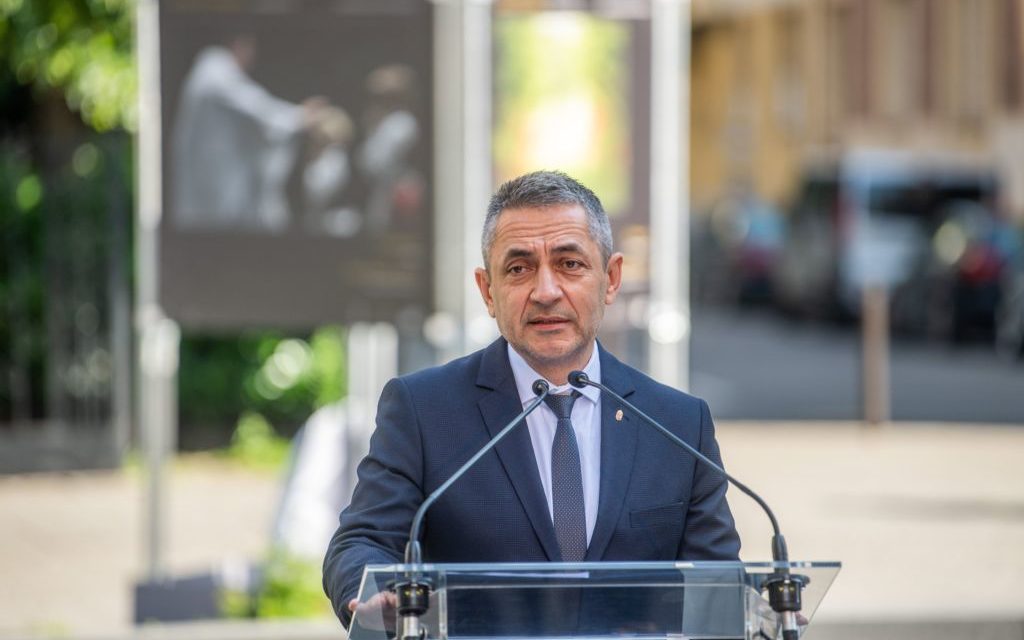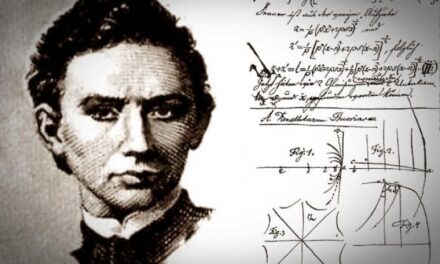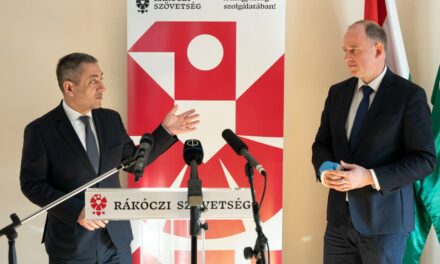2022 will be the year of the nation in action - announced the State Secretary of the Prime Minister's Office responsible for national policy, presenting this year's thematic programs.
János Árpád Potápi emphasized: the most important national political basis is the existence of a strong Hungary, because it is also a sure point for Hungarians across the border. It represents an interest representation that can stand up for Hungarians across the border in various forums, in the Hungarian Parliament, in Brussels and in Central Europe, he added.
He emphasized that since 2010, the government's goal has been to transform Hungary from a weak country into a vibrant, capable and strong Hungary.
Speaking about the achieved national political results, János Árpád Potápi highlighted: already 1 million 172 thousand Hungarians living abroad became a part of the Hungarian nation in public law by receiving citizenship. Since 2010, the government has increased its support for Hungarians abroad tenfold, they have built a strong institutional system, they take care of the Hungarian communities, and they have increased the retaining power of the homeland, he listed.
He also reported that Hungary supported more than 5,000 institutions and organizations every year, and quality mother-tongue education was made possible for 300,000 children in the Carpathian Basin and the diaspora. 1,500 schools received sports equipment support, and 1,600 churches or church community spaces were renovated or built, and a thousand new brotherhoods were established between municipalities since 2015 - he summarized the results.
According to János Árpád Potápi, Hungarians should be represented everywhere at least in accordance with their numerical ratio, and in the Carpathian Basin they should also be present at the parliamentary level in all countries.
The state secretary responsible for national policy has set the goal of maintaining a strong institutional network, expanding the online content of the "smart box" for schoolchildren, bringing the "chess" method developed by Judit Polgár to foreign educational institutions, and starting programs that support daily exercise.
The motherland supports and strengthens the caring communities that help Hungarians living abroad, including around 30,000 extended families and 413,000 elderly people, the politician said, citing as an example the farm and village guardian service established in Vojvodina.
He added: I would like to extend the practices that work well in the Carpathian Basin, including the midwifery network already implemented in Vojvodina and under construction in Transylvania, to foreign regions as well. In addition, they would strengthen cooperation between pediatricians, the social network that helps the elderly, work with children with special needs, disabilities, and socially needy children would be systemized, and attention would also be paid to those with altered work abilities.
In order to increase the retention power of the homeland, the Hungarian government has supported the development of 145 educational farms and workshops in the past 12 years, they have organized several meetings of entrepreneurs from the Carpathian Basin, and also announced a mentoring program, with the "active cooperation" of 500 entrepreneurs, he said.
János Árpád Potápi asked Hungarian citizens living across the border to take part in this year's parliamentary elections and contribute with their vote to the Parliament becoming a national assembly at the same time. He noted: Hungarians living abroad can register to participate in the election until March 9.
MTI
Photo: MTI/Zoltán Balogh













